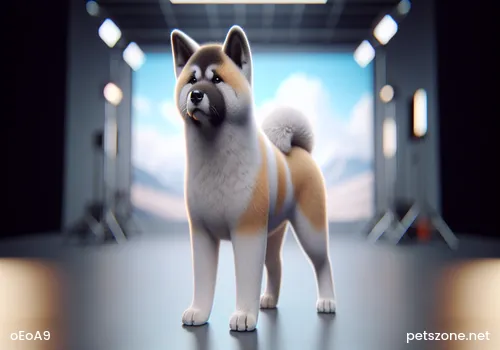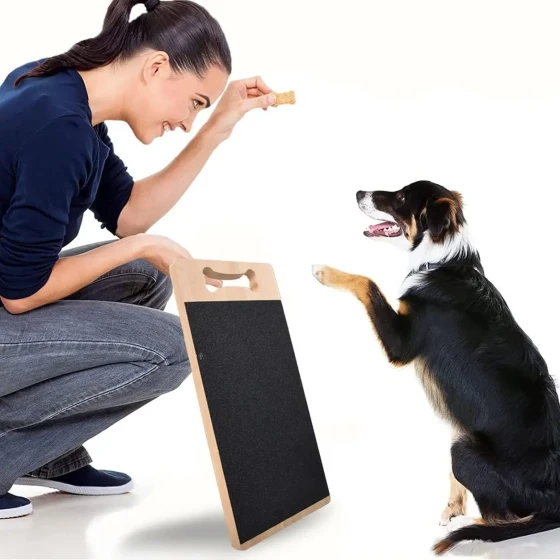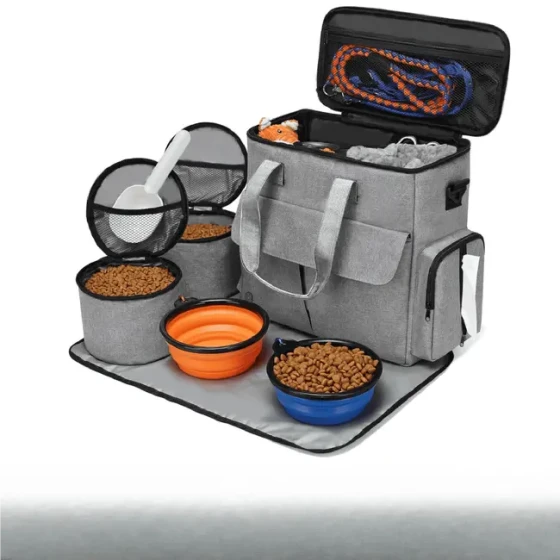Reasons and Methods for Massaging Dogs

Golden Retriever (Detailed Introduction)
Actually, dogs, like humans, often experience situations such as emotional tension, excessive stress, physical fatigue, and bad mood. Pet owners surely know that massage can help dogs alleviate physical discomfort, relax muscles, and promote smooth blood circulation throughout the body, thus achieving the effect of eliminating fatigue. Below, let's understand the reasons and methods for massaging dogs.
1. Reasons to Massage Your Dog
1. Soothe a Nervous Dog
When thunder makes your dog start whining, panting, or hiding under the bed, how can you help it not be so nervous?
The answer may be massage. Use a soothing stroking method to relax the nervous system. Gently flatten your palm on your dog's head or neck, softly stroke along the spine to the tail, slowly repeat several times. If your dog likes this massage style, you can gradually increase the pressure. After the massage, place one hand under the dog's head and the other under the pelvis; these two parts correspond to spinal nerves controlling rest and relaxation responses. This method is very helpful when your dog is nervous or scared due to nail clipping or vaccination, or when it is agitated or restless.
2. Improve Blood Circulation
Massage helps dilate blood vessels and improves circulation. With better circulation, more oxygen and nutrients can flow throughout your dog's body. In addition, increased blood flow helps expel waste and toxins that may cause illness in dogs.
3. Warm Up Active Dogs
When you go out to exercise, you often hear people say warming up is very important. In fact, lively dogs love competition, running, playing hide-and-seek with their owners, or just playing hard; they should also have a good warm-up to avoid injuries.
4. Improve Muscle Health
If dogs’ muscles are tense for a long time, they may begin to have difficulty standing, walking, or running. Reduced blood flow to muscles makes them feel tight, stiff, or even painful. Massage can soothe tense and contracted muscles, reduce pain, make dogs more flexible and restore their condition.
5. Relieve Joint Stiffness and Soreness
If you took your dog to the park for several hours on the weekend, and climbed a whole mountain on Sunday, it may seem less active on Monday!
Is your dog limping to drink water or refusing to play? Indeed, excessive short-term physical exertion or aging can cause dogs pain and stiffness in joints and muscles. To help relieve joint stiffness and soreness, first start by stroking the joint areas to warm the joint tissues, then cover the joint area with both hands and gently apply pressure.

Samoyed Dog (Detailed Introduction)
2. Six Major Steps for Dog Massage
1. Circular Massage on the Head
The owner should use the back of the palm and the knuckles to draw a circle on the top of the head about 1 and 1/4 turns, repeating this motion down to the back of the neck.
2. Finger Kneading Massage
Start from the spine area moving towards the tail, gently grasping the fur as if picking it up, repeatedly up to the upper part of the hip near the tail end.
3. Circular Rub With Both Hands
The palms of both hands move along both sides of the spine, drawing circles outward simultaneously. After finishing the upper circle, gently push and press the skin and flesh. Repeat the massage along the sides of the thighs, then switch to the other side and repeat the same actions.
4. Palm Pressing Acupressure
The palms of both hands move along the sides of the spine and simultaneously move down to the abdomen, then gently grasp the skin and flesh of the lower abdomen.
5. Back Spine Massage
Place the palms on both sides of the spine and then gently and slowly slide from the neck towards the tail several times.
6. Superficial Chest and Abdomen Massage
When massaging the dog’s right side, the owner should stand on its left side. The left hand moves from behind the right ear down along the front chest area to the armpit without lifting. The right hand follows the left hand, moving along the upper side of the forelimb to massage. Extend the distance again; the right hand slides over the lower abdomen while the left hand remains still, then extends upward from above the waist. This motion is very helpful for gastrointestinal issues.
3. Massage Precautions
1. Arrange Order According to Condition
All massages take about 15 minutes. This method belongs to a relaxation therapy, and the owner can extend the time based on conditions. The six steps above can be chosen selectively or planned according to the dog’s current posture.
2. Improve Physical Quality
Regular massage promotes dogs’ activity and quality of life. However, massage cannot replace treatment. For serious illnesses, owners must take their dogs to the veterinary hospital for complete and detailed diagnosis and treatment.
Proper and effective massage not only brings physical and mental health to dogs but also relieves pain caused by joint diseases. For older dogs, gentle massage can effectively accelerate blood circulation to muscles, helping them recover good condition. Additionally, massage is also a platform for enhancing emotional communication between dogs and owners.



